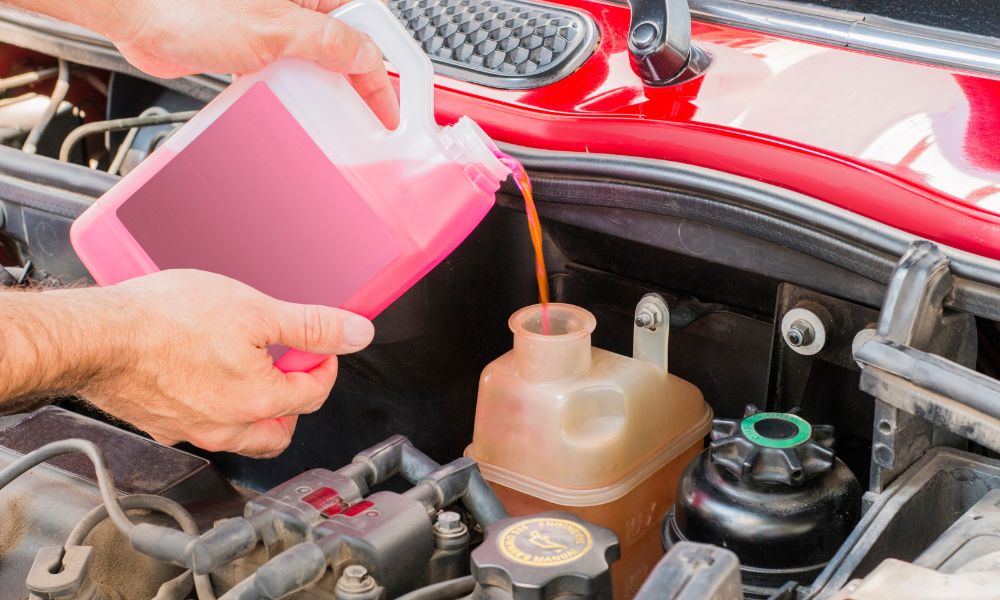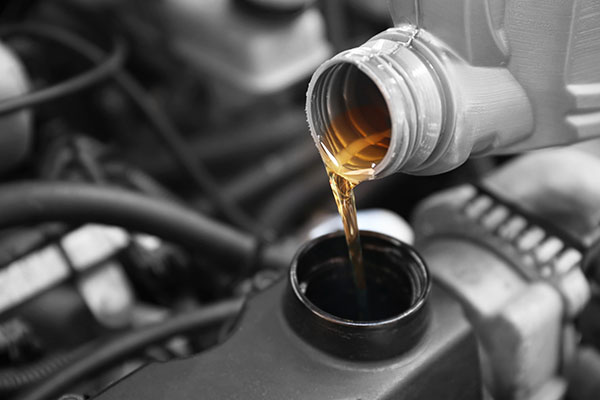The Impact of Transmission Fluid Maintenance on Reducing Downtime for Service-Oriented Enterprises

The reliability of vehicles is essential for service-oriented enterprises such as those involved in home repair, emergency services, and logistics. To address their operational requirements, these organizations often depend on a fleet of service vehicles. Unforeseen downtime caused by mechanical problems can lead to significant productivity losses and delays in service delivery. Changes and repairs of transmission fluid represent a crucial aspect of maintenance that is often overlooked. Regular maintenance of transmission fluid can significantly enhance an organization’s efficiency and substantially reduce downtime.
The Importance of Properly Maintaining Transmission Fluid
The fluid within a vehicle’s gearbox is essential for its optimal functioning. It minimizes resistance, provides lubrication for moving components, and effectively disperses heat to ensure seamless functionality. Contamination or degradation of transmission fluid may lead to potential complications. Regular fluid inspections and replacements enhance the longevity of the transmission and mitigate the risk of substantial damage that may lead to considerable downtime. It is essential for service plans to include transmission fluid maintenance in order to prevent unforeseen vehicle issues.
Enhanced Vehicle Reliability and Performance
The reliability of vehicles plays a significant role in influencing customer satisfaction and the overall effectiveness of service-oriented businesses. Regular maintenance of transmission fluid can enhance vehicle performance by ensuring optimal functionality of the transmission across diverse loads and driving conditions. By ensuring optimal fluid levels, organizations can enhance fuel efficiency and minimize expenses. This reliability enables service providers to fulfill client expectations, fostering trust and loyalty.

Minimized Costs through Proactive Maintenance
Regular inspections and replacements of transmission fluid can lead to cost savings in the long run. Overlooking the maintenance of transmission fluid may appear to be a minor expense; however, it can result in significant repair costs or the need for a complete transmission rebuild. Organizations may experience financial losses and diminished service quality as a result of unforeseen downtime.
Fostering an Environment of Anticipatory Maintenance
Minimizing downtime can likewise be accomplished by cultivating a proactive maintenance culture within an organization. Routine vehicle inspections, encompassing assessments of the transmission fluid, allow organizations to identify potential issues proactively before they escalate into more serious problems. Personnel equipped with the skills to identify symptoms of transmission distress can take proactive measures to ensure the seamless functioning of service vehicles. A proactive maintenance culture enhances employee awareness of the importance of car maintenance, thereby improving overall fleet performance and management by the Auto Repair in Bakersfield, CA.
In conclusion
Efficiency is crucial for maintaining a competitive edge in the ever-challenging service industry. The improvement in operational efficiency and the reduction in vehicle downtime can be ascribed to several factors, among which the routine maintenance and servicing of transmission fluid play a significant role. Service-oriented enterprises have the opportunity to enhance customer satisfaction and improve service delivery by guaranteeing the reliability of their fleets through the establishment of systematic vehicle maintenance plans.



